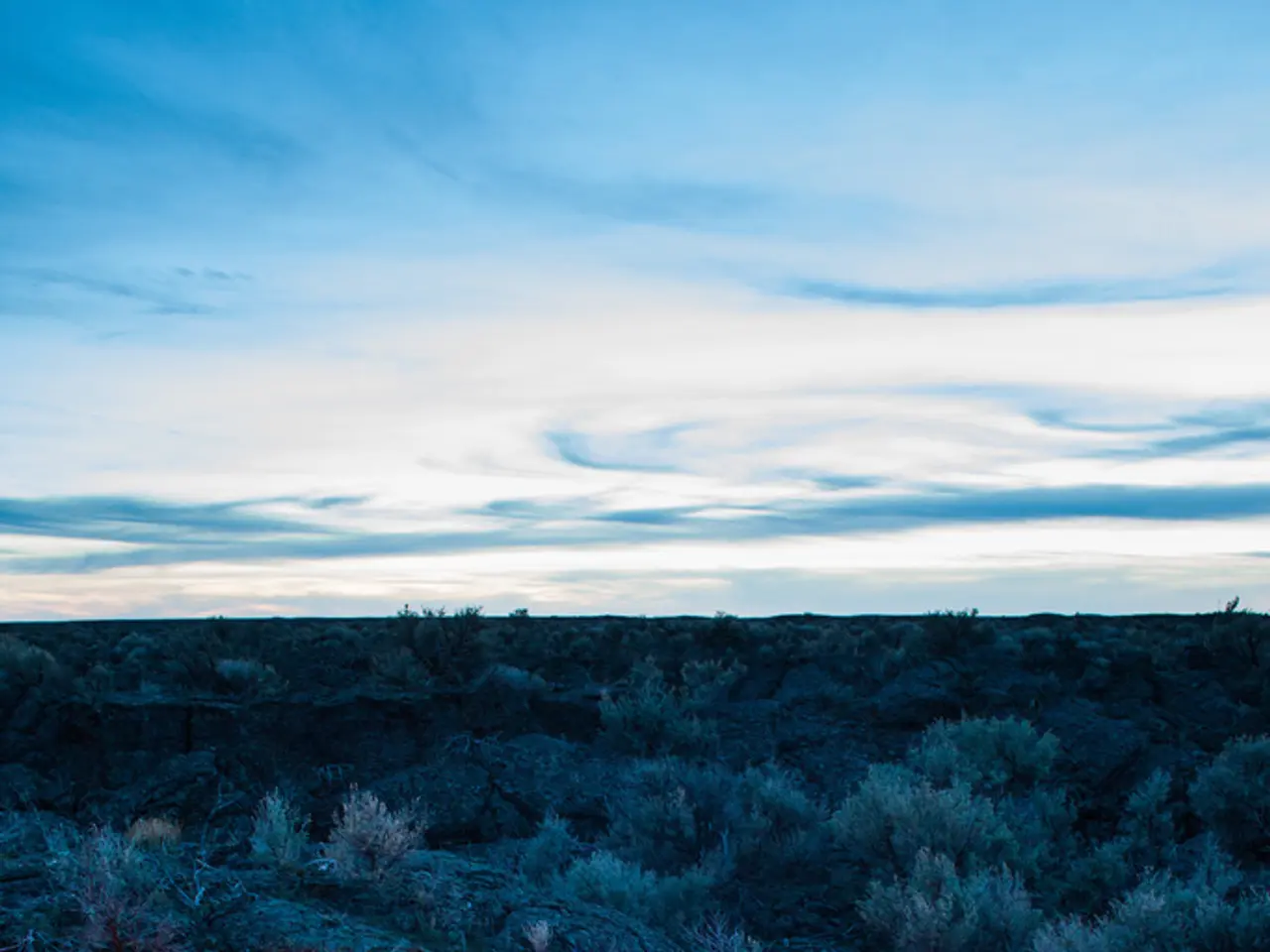Survival Strategies for the Untamed
In the great outdoors, being prepared and confident can make all the difference. Here's a practical guide to help you improve your wilderness survival skills, ensuring you're ready for any adventure or emergency situation.
1. **Mastering Shelter Construction:** Building a reliable shelter is one of the most essential survival skills. Practice constructing various types of shelters, such as lean-to shelters, debris huts, or snow shelters, depending on the environment and available materials. Regular practice will help you become proficient in selecting a safe location and using natural materials effectively.
2. **Fire Starting Techniques:** Starting a fire is vital for warmth, cooking, and signaling. Experiment with different methods, including flint and steel, bow drill, and lighters. Practicing in various weather conditions will improve your skills.
3. **Water Purification:** Understanding how to find and purify water is crucial for survival. Familiarise yourself with methods like boiling, solar disinfection, and water filtration using natural materials.
4. **Foraging Skills:** Learning to identify edible plants and forage for food can be a lifesaver. Study which plants are safe to eat and practice foraging in safe environments.
5. **Navigation Skills:** Practice navigating using a compass, map, and natural navigation techniques like finding north without a compass. Regularly practice in different terrains to build confidence.
6. **Physical Fitness:** Maintaining physical fitness is essential for survival situations. Engage in regular outdoor activities like hiking, camping, or backpacking to build endurance and strength.
7. **Formal Training:** Enroll in outdoor courses or workshops to gain structured learning and hands-on experience. These programs often cover a wide range of skills and offer guidance from experienced instructors.
8. **Regular Outdoor Activities:** Regularly participate in activities like hunting, fishing, or camping. These activities can help hone skills like stalking, tracking, and resource management, which are valuable in survival situations.
9. **Stay Informed:** Stay updated on weather conditions, potential hazards, and changes in your environment. Adaptability is key in wilderness survival, so be prepared to adjust your plans based on new information.
By following these best practices, you can continually improve your wilderness survival skills and become more self-sufficient and confident in the outdoors. Whether setting up a tent, starting a fire, or finding food and water, the more you practice, the more prepared you will be. Without regular practice, survival knowledge may not come naturally in high-pressure situations.
[1] Regularly honing wilderness survival skills is crucial for staying prepared and confident in the wilderness. [2] Practicing survival skills is essential for building confidence. [3] Our classes may help increase confidence in survival situations. [4] We offer hands-on wilderness survival classes. Our classes could help identify areas for improvement in survival skills. Our classes are aimed at providing comprehensive survival knowledge. Our classes are designed to teach wilderness survival techniques. Our classes are available for multiple dates and times. Our class schedule can be found on our calendar. Our blog provides additional survival tips and techniques. Participating in our survival classes can help shorten your learning curve. Our classes are hands-on, providing practical learning experiences.
- To ensure you're prepared for any wilderness adventure or emergency, focus on mastering shelter construction, fire starting techniques, water purification, foraging skills, navigation, physical fitness, and participating in formal training courses.
- Building a reliable shelter, starting a fire, finding and purifying water, identifying edible plants, navigating, maintaining physical fitness, and enrolling in outdoor courses are all essential wilderness survival skills.
- Regular practice of survival skills can help build the confidence needed for emergencies in the great outdoors.
- By regularly participating in outdoor activities like camping, hunting, fishing, or backpacking, you can hone skills like stalking, tracking, and resource management that are valuable in survival situations.
- Adapting to changes in weather conditions, potential hazards, and the environment is crucial in wilderness survival, so staying informed is essential.
- To continually improve your wilderness survival skills and become more self-sufficient and confident in outdoor living and outdoor-living lifestyle, regular practice, enrollment in outdoor courses, and staying updated on your environment are highly recommended.




